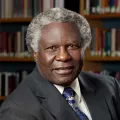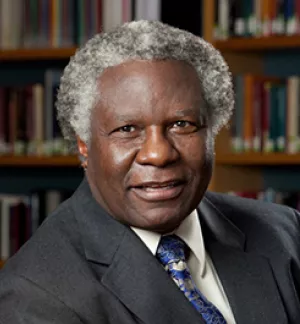The ongoing effort by the three East African countries to educate citizens on the benefits of an East African Federation represents an important step on the road to greater regional integration.
The desire to increase intra-regional trade lies at the heart of the drive for regional integration in Africa.
While it is prudent for Africa to emphasise international trade, doing so requires greater investment in developing capabilities to trade. This involves building competence in technological innovation, development of business and human resources, and institutional strengthening. The impact of larger markets on technological innovation, the economies of scale, and the diffusion of technical skills arising from infrastructure development are among the most important gains Africa could obtain from regional integration.
There are at least eight major regional economic communities (RECs) spanning Africa. Many argue that too many such bodies could weaken Africa’s capacity for internal trade. To the contrary, these bodies are specialised in their operations and provide the diversity needed to adapt to an uncertain world. What is critical is that they harmonise and complement their operations.
A common feature of African regional integration agreements is their recognition of the importance of engineering in sustainable development in light of individual African economies having insufficient resources to develop engineering capabilities.
African government need to work together to develop long-term technology strategies with specific regional technology goals to be implemented through our Regional Economic Communities (RECs) and to develop and harmonise national and regional regulations promoting the safe application of modern biotechnology.
To carry out this task, there is an urgent need to strengthen the capacity of the secretariats of the RECs to promote the harmonisation of regulatory activities related to science and innovation.
Africa should invest in building physical, human, institutional and societal capacities in order to enhance its ability to use existing and emerging technologies with an emphasis on strengthening higher technical education and increasing female enrollment.
The activities should be done primarily in “local innovation areas” which are clusters of expertise sharing knowledge, creative ideas and personnel.
There is an urgent need to undertake a comprehensive review of Africa’s challenges and opportunities in financing technological development and the associated entrepreneurial activities through regional and international mechanisms.
There is momentum in African regionalism that is characterised by deliberate efforts to design and implement plans for the application of engineering to sustainable development. Cooperation in engineering can take various forms, including joint projects, information sharing, conferences, building and sharing joint laboratories, setting common standards for research and development, and exchange of expertise.
Furthermore, the sheer magnitude of the necessary infrastructure development actually requires regional cooperation in project design and implementation to not only reduce costs but also facilitate greater learning.
Some African countries are already endowed with robust science and technology infrastructure, which could easily be utilised by less well-equipped countries. Regional integration efforts that do not place emphasis on the role of technological innovation in development will fall by the wayside.
All these efforts should be allied with a process of active consultation with the citizenry. It is encouraging that such a process is already underway in Kenya, Tanzania and Uganda. This will have the welcome effect of having a regional bloc that enjoys the support of the people who will benefit most from the integrated market guaranteeing free movement of people, labour, services, goods and the right of establishment and residence which is the stated aim of the proposed East African Federation.
Making the federation work on time is the most important legacy that current East African leaders can bequeath to future generations. Everything else they do will be forgotten as soon as they leave the political scene.
Prof Juma teaches at Harvard University’s Kennedy School of Government where he directs the Science, Technology and Globalization Project. He is a fellow of the Royal Society of London and foreign associate of the US National Academy of Sciences.
Juma, Calestous. “Regional Trade Blocs Hold Key to Technology Gains.” Business Daily, March 16, 2007



